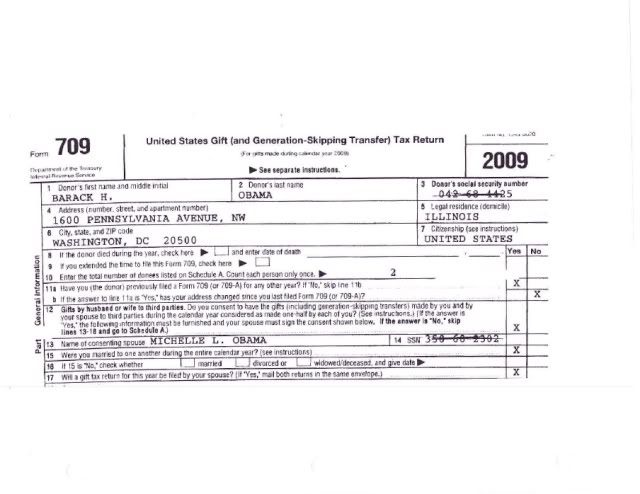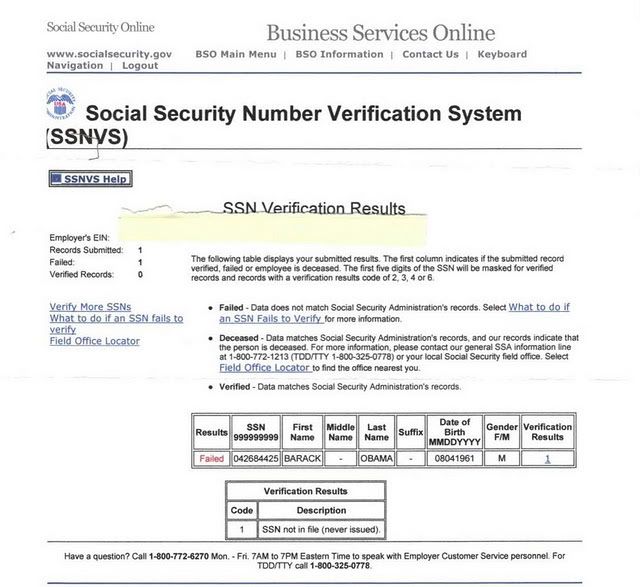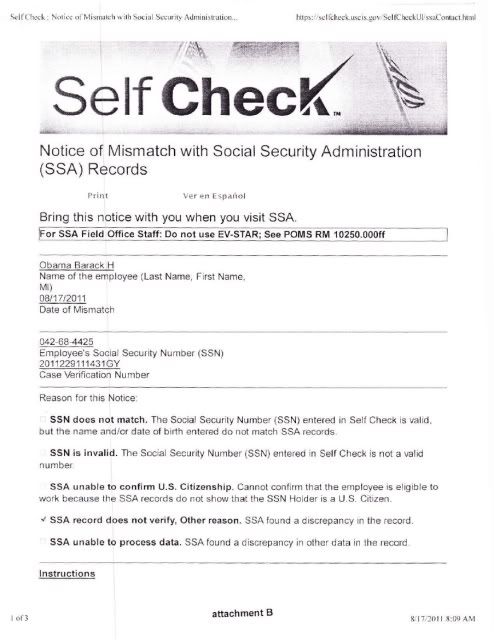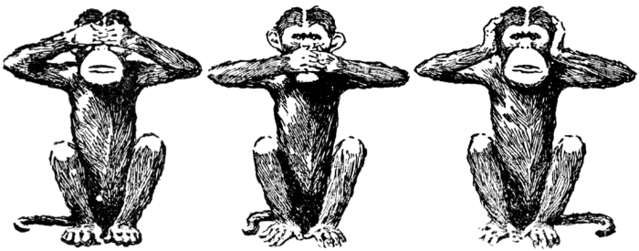
George Washington, John Jay, and the Natural Law Definition of “Natural Born Citizen”
Posted on
January 27, 2011 |
4 Comments
Does this mean that George Washington and John Jay were the First Birthers? 1 Dragon
On April 30, 1789, George Washington took the oath of office as President of the United States from the balcony of
Federal Hall in New York City. The President and Congress shared space in Federal Hall with
the New York Society Library.
Some of the records of that Library are of particular interest when considering the influence of the works of Emmerich de Vattel on our Founding Fathers.
Why does this matter? Because of how Vattel defined a term that our Founders wrote into our Constitution, and the implications to Barack Hussein Obama.
From Article II Section 1:
No person except a
natural born Citizen, or a Citizen of the United States, at the time of the Adoption of this Constitution, shall be eligible to the Office of President; neither shall any Person be eligible to that Office who shall not have attained to the Age of thirty-five Years, and been fourteen Years a Resident within the United States.
From Vattel:
There is good reason to believe that
Vattel’s definition of natural born citizen played a central role in a letter that Founder John Jay wrote to George Washington, then Presiding Officer of the Constitutional Convention, on July 25th, 1787:
“Permit me to hint, whether it would be
wise and seasonable to provide a strong check to the admission of Foreigners into the administration of our national Government; and to
declare expressly that the Commander in Chief of the American Army shall not be given to nor devolve on, any but a natural born Citizen.”
On October 5, 1789, President George Washington checked out two books from the New York Society Library: Emmerich de Vattel’s “Law of Nations” and volume 12 of the English House of Commons Debates.
A few news stories recently have
made much ado about how large the library fine would be in today’s dollars. But those same stories have neglected the importance of
which books Washington checked out.
Again, it is important that we understand the relationship between President George Washington,
first Chief Justice John Jay, the works of Vattel, and the U.S. Constitution.
The U.S. Supreme Court held its first session on Feb. 1, 1790, in New York City. The New York Society Library charging ledger provides a record of the books borrowed by Chief Justice John Jay, including:
- Literature. The works of Jonathan Swift; “Don Quixote”, Voltaire’s, “Candidus, or “All For the Best,” as the volume is noted in the ledger; “The Fair Syrian, a novel”; Frances Burney’s, “Cecilia, or Memoirs of an Heiress”; “Arabian Nights Entertainments, consisting of one thousand and one stories, related by the Sultaness of the Indies” and John Aubrey’s “Miscellanies,” a collection of stories on ghosts and dreams.
- History. Plutarch’s, “Lives”; “Lives of the Admirals, and other Eminent British Seamen”; “The History of the Five Indian Nations of Canada”; “The History of the Revolution of South Carolina, from a British Province to an Independent State”; and “An Essay on the Life of the Honorable Major-General Israel Putnam.”











